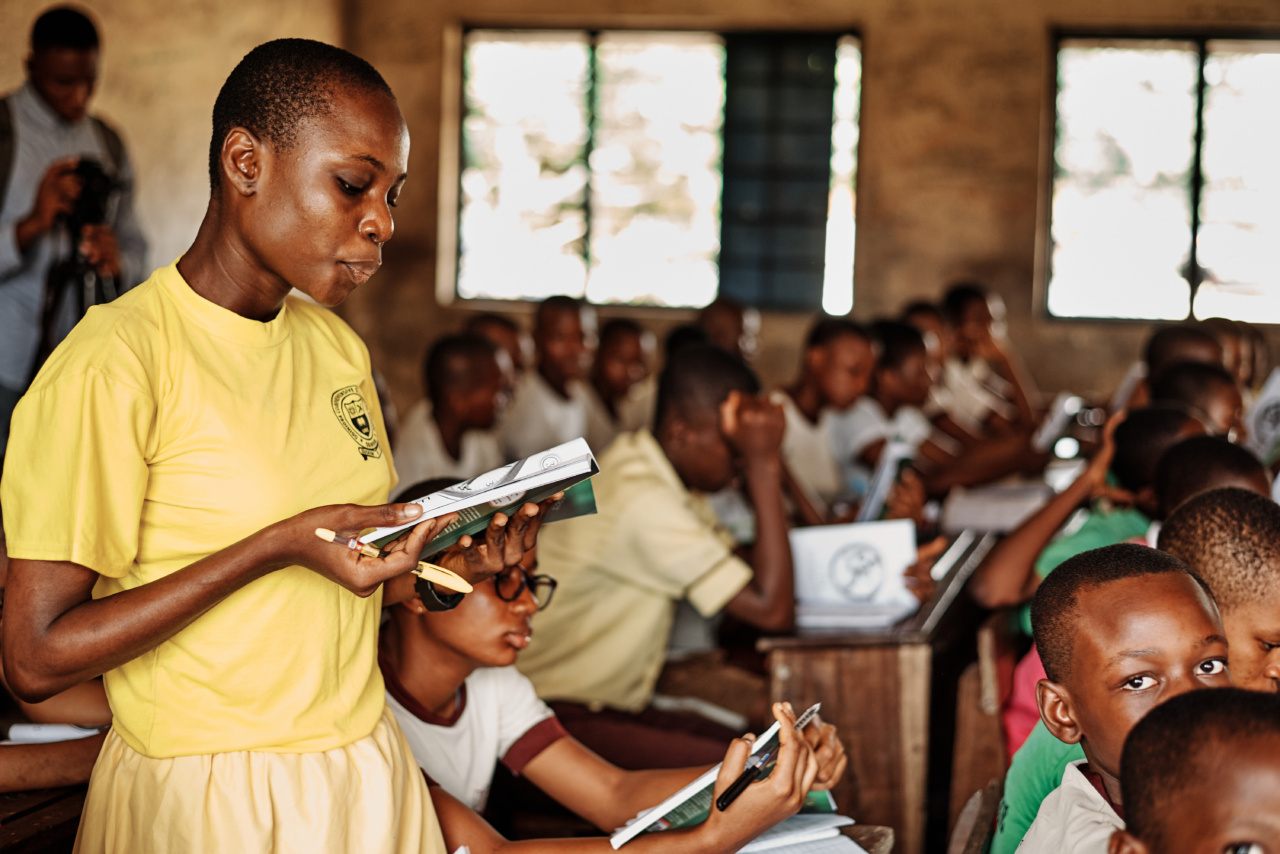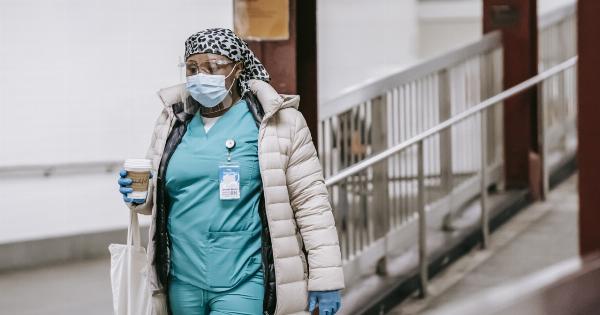The Ebola virus outbreak in West Africa has claimed the lives of 142 people, sounding alarm bells across the region.
The deadly virus, which causes severe bleeding and organ failure, has now spread to multiple countries and continues to pose a significant threat to public health.
Outbreak and Transmission
Ebola is a highly contagious virus that spreads through direct contact with the bodily fluids of infected individuals or objects contaminated with these fluids. This can include blood, saliva, urine, feces, or other secretions.
The virus can also be transmitted through contact with surfaces or materials contaminated by infected animals, such as bats or monkeys.
The outbreak initially started in Guinea, where the first cases emerged in early 2021. It quickly spread to neighboring Liberia and Sierra Leone, causing widespread panic and concern.
The lack of immediate containment measures allowed the virus to gain a foothold in these countries, leading to a rapid increase in cases and deaths.
Lack of Healthcare Infrastructure
One of the major challenges faced in combating the Ebola virus is the lack of adequate healthcare infrastructure in affected regions.
Limited resources, including medical facilities, trained personnel, and proper equipment, have significantly hampered the ability to treat and isolate infected individuals.
In addition, misinformation and fear surrounding the virus have led to resistance and mistrust among the local population.
Traditional burial practices, which involve direct contact with the deceased, have contributed to the continued transmission of the virus.
International Response
The severity of the outbreak prompted an international response, with various organizations and governments stepping in to help tackle the crisis.
The World Health Organization (WHO) and other aid agencies have deployed medical personnel, supplies, and funding to support affected countries in their efforts to control the spread of the virus.
Furthermore, extensive public health campaigns have been launched to educate communities about the symptoms, transmission, and prevention of Ebola.
These initiatives aim to dispel myths and promote safe practices, such as frequent handwashing and avoiding close contact with infected individuals or their belongings.
Containment Measures
Containment measures are crucial in stopping the further spread of the Ebola virus.
This includes isolating infected individuals in designated treatment centers, implementing rigorous infection control protocols, and quickly tracing, testing, and quarantining those who have come into contact with confirmed cases.
Widespread testing and surveillance of potential cases are also essential to identify and isolate infected individuals early on.
Equipping healthcare workers with appropriate personal protective equipment is critical to minimize their risk of infection during patient care.
Vaccine Development
Efforts to develop an effective vaccine against the Ebola virus have been ongoing for several years.
Several promising candidates have shown efficacy in clinical trials, offering hope for preventing future outbreaks and providing protection to those at risk.
With the urgency of the current situation, accelerated research and development efforts are underway to expedite the availability of a safe and effective vaccine for widespread use in West Africa and other vulnerable regions.
Impact on Healthcare Systems
The Ebola virus outbreak has placed immense pressure on already strained healthcare systems in West Africa. Hospitals and clinics have been overwhelmed with patient admissions, leading to a shortage of beds, medical supplies, and personnel.
Furthermore, the diversion of resources and attention towards managing the outbreak has resulted in the disruption of routine healthcare services, including immunizations, maternal care, and treatment for other diseases.
Community Engagement
Active involvement and engagement of affected communities are crucial for effective outbreak response.
Building trust and fostering dialogue with local leaders and community members is essential to ensure adherence to preventive measures and timely reporting of suspected cases.
Creating platforms for open communication and addressing concerns and fears can help overcome resistance and enhance the effectiveness of containment efforts.
The Way Forward
The battle against the Ebola virus in West Africa requires a unified and coordinated response from all stakeholders.
International collaboration, funding support, and continuous research are vital to developing effective strategies for prevention, diagnosis, and treatment.
Strengthening healthcare systems and infrastructure in affected regions is paramount to not only contain the current outbreak but also improve future response capabilities.
Heightened surveillance, early detection, and rapid containment measures are crucial in curbing the spread of the virus.
Ultimately, the containment of the Ebola virus in West Africa will heavily rely on the collective efforts of governments, healthcare professionals, aid agencies, and the community at large.































